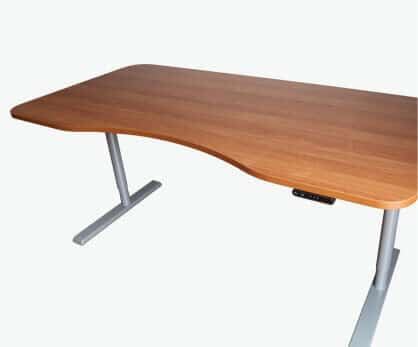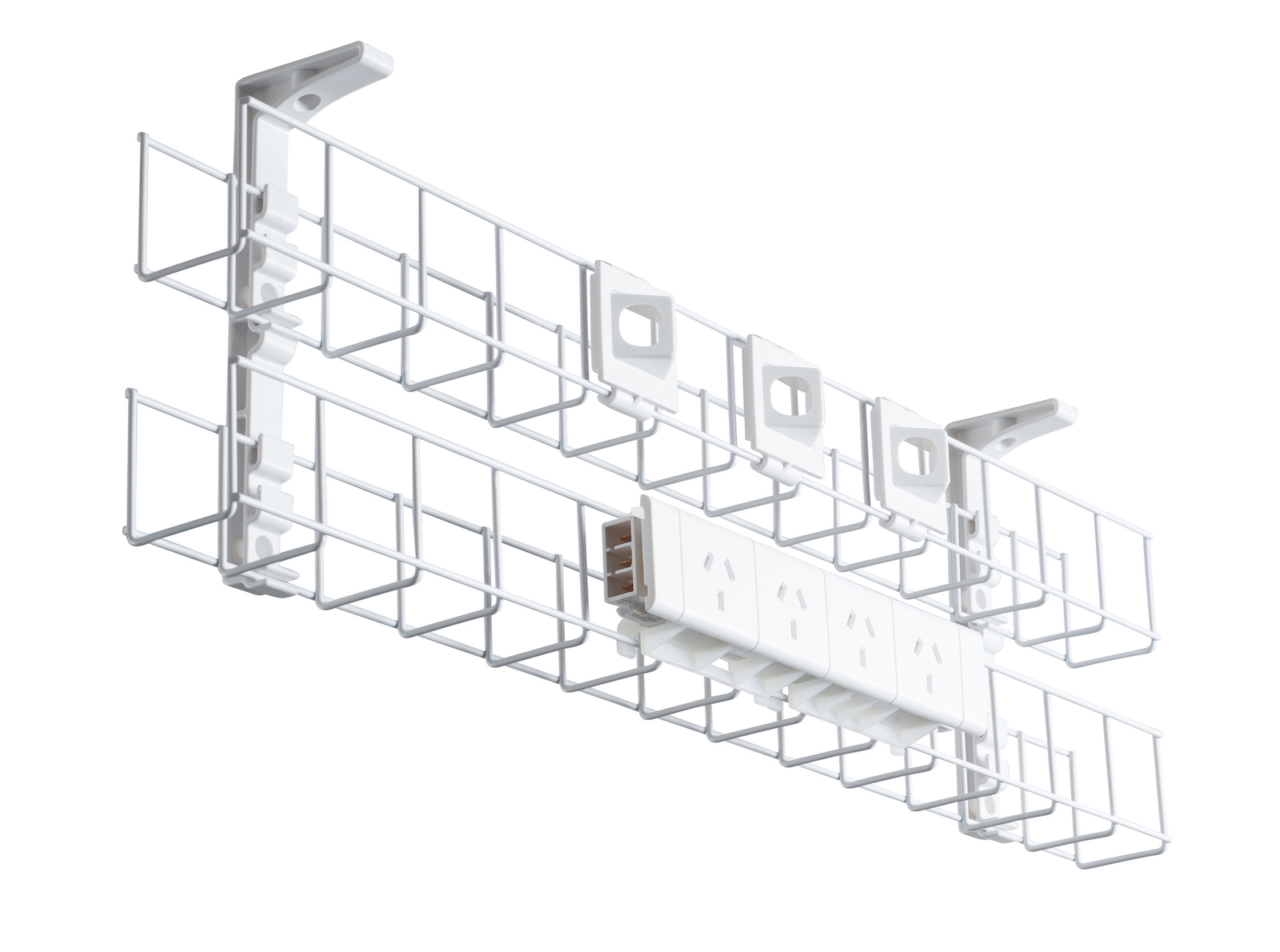
Generational Stereotypes Fuel Workplace Hostility, New Study Reveals
The impact of generational stereotypes on workplace hostility is a growing concern, according to recent research. This issue extends beyond the widely propagated myths of ‘snowflake’ Millennials and ‘technophobic’ Baby Boomers. The study suggests that these stereotypes are fuelling actual intergenerational conflict in workplaces, particularly in the United States.
The research, published last month, reveals that Baby Boomers and Millennials perceive each other as more dissimilar and threatening compared to other adult generations. The root of this hostility varies, with Boomers fearing that Millennials’ worldview undermines traditional values, while Millennials feel that Boomers are obstructing their path to financial stability and political power.
Interestingly, hostility levels diminished when researchers debunked popular generational stereotypes and reminded both groups of their shared experiences at different life stages. However, the persistence of these stereotypes is concerning. As study author Stéphane Francioli notes, “the fact that people believe in them has real consequences.”
Despite numerous scholars highlighting the flaws of generational generalisations over the years, employers continue to stereotype younger workers as lazy and self-centred, and older workers as frail and resistant to change. This is in spite of a 2020 report by the US National Academy of Sciences advising employers against basing recruitment and management policies on these stereotypes, stating that such practices are neither scientifically supported nor beneficial for workforce management.
So, is there a possibility that these age-based assumptions could eventually dissipate? Mauro Guillén, outgoing dean of the Cambridge Judge Business School, believes the shift is already underway. In his forthcoming book, “The Perennials”, Guillén suggests that we are moving towards a ‘postgenerational’ society. This society will be characterised by individuals defined by their actions and lifestyle, rather than their birth year.
Evidence supporting this shift includes an increase in individuals over 30 engaging in online education and young entrepreneurs leading large companies with older workforces. These trends have been largely driven by technological advancements such as electric height adjustable standing desks or online learning platforms. Furthermore, retired individuals are returning to work, and brands are feeling the pressure to appeal to a diverse age range, rather than just the newest consumers.
Despite these promising signs, it remains uncertain whether generational labels will ever truly disappear. Humans have a natural tendency to categorise and generalise; it’s part of what makes us human. However, we could certainly benefit from a reality check.
In a world where you can buy standing desks or enrol in an online course regardless of your age, perhaps it’s time we move beyond generational stereotypes in the workplace. After all, whether we’re using the best sit stand desk or considering the health benefits of an electric stand up desk, our actions speak louder than our birth year.
In conclusion, while generational stereotypes may persist, it’s crucial for employers to recognise their potential harm. By fostering an environment that values individuals for their skills and contributions rather than their age, we can create more harmonious workplaces and ultimately benefit from the diverse experiences and perspectives that each generation brings to the table.





